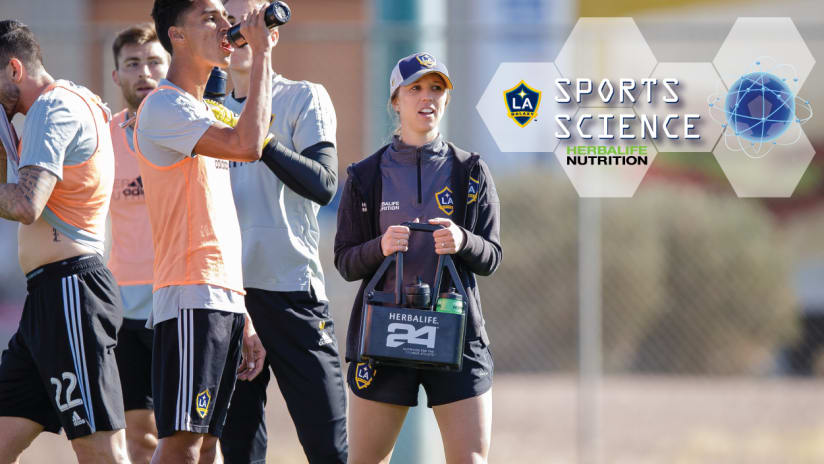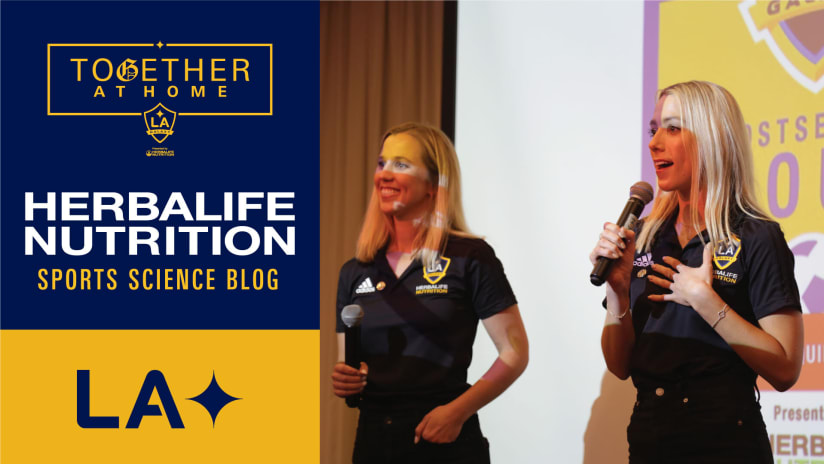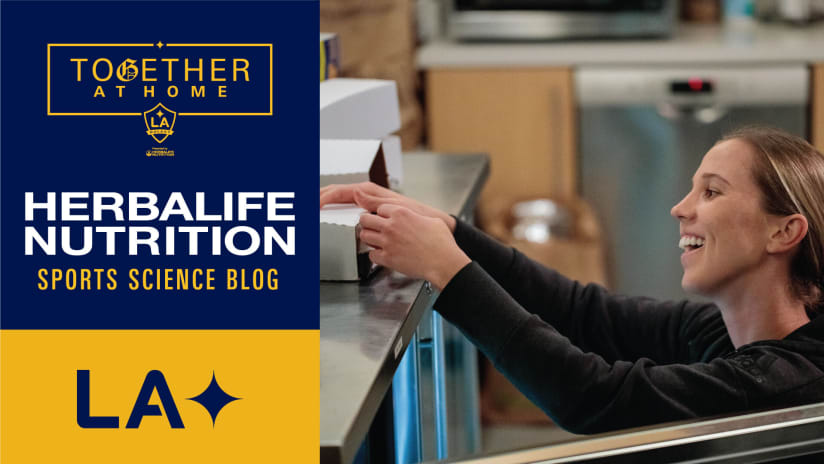What is Performance Nutrition?
Some people may think performance nutrition is merely a strict diet that professional athletes follow to stay in shape, but it is one of the most important pillars to the athlete's success. Performance nutrition is the use of food as an intervention to enhance athletic performance, promote recovery, and prevent injuries in athletes.
Sports dietitians work with athletes to improve performance through optimizing meal and snack choices, hydration practices, and supplementation. Specific nutrition strategies are different for each athlete and should be personalized based on their:
- sport/activity (soccer striker vs. baseball pitcher, training intensity, exercise duration)
- goals (decrease body fat, improve recovery time, get more quality sleep)
- needs (nutrition awareness, shopping and cooking skills)
- lifestyle (budget, ability to cook, willingness to change)
It is important to point out that sports nutrition is not only for those who compete at the elite level—the term athlete refers to any individual who is regularly active and looking to improve performance!

How Does Performance Nutrition Help Athletes?
The foundation of sports nutrition for any athlete is education. If the athlete understands the “why” behind a nutritious lifestyle, they are more likely to buy in, reap the benefits, and gain the competitive edge on their opposition!
Nutrition can be broken down into macronutrients (carbs, protein, fat) and micronutrients (vitamins and minerals). A balanced macronutrient selection will ensure the individual meets their micronutrient needs. By choosing quality food sources, athletes will be physically and mentally prepared to compete at their highest level. Let’s examine just how macronutrients help athletes perform stronger and recover quicker:
Carbs = Fuel
- Main energy source for the muscles and brain—needed for fuel before exercise and recovery after hard training sessions
- Reduces the potential for fatigue and injury
- Best sources: fruits, vegetables, whole-grains (pasta, quinoa, rice, oatmeal)
Protein = Repair
- Building blocks to our muscles—maintains lean muscle tissue
- Repairs any muscle damage created during exercise to assist in muscle growth
- Best sources: lean chicken and turkey, fish, eggs, dairy, legumes, nuts, tofu
Fat = Support
- Another important energy source—helps the body absorb vitamins A, D, E, K
- Anti-inflammatory properties reduce muscle soreness
- Best sources: nuts, nut butters, avocados, extra virgin olive oil
Though much smaller, micronutrients are equally important to athletes. Vitamins and minerals work together in the body to maintain homeostasis.
Vitamins & Minerals = Protect
- Within carbs, proteins and fats—involved in the energy systems and recovery processes
- Antioxidants assist our immune system by fighting off unwanted “invaders” in the body to prevent sickness and fatigue
- New research suggests vitamin D, omega-3 polyunsaturated fats, creatine, and collagen + vitamin C are beneficial micronutrients to support recovery
- Best sources: berries, beets, citrus, dark green vegetables, avocados, sweet potatoes, salmon, green tea, turmeric, cacao, tart cherry juice
Hydration is a crucial to the athlete’s performance as well. Our bodies are almost entirely made of water, so energy levels and ability to compete drastically drop when we become dehydrated. Research shows that a 2% loss of body weight while exercising negatively affects performance!
Fluids = Hydrate
- Transports nutrients and oxygen to all of our tissues
- Replaces sweat losses and restores body fluid balance
- Best sources: water, sparkling water, electrolyte beverages, sports drinks, tea, coffee, milk, 100% juice
READ THE LA GALAXY SPORTS SCIENCE BLOG PRESENTED BY HERBALIFE NUTRITION
Applying Performance Nutrition: Which Foods and When?
What you eat before, during, and after exercising affects athletic performance, endurance, cognition, muscle recovery, and muscle growth.
Before Exercise
The type and amount of food to eat before exercise depends on how long you have before your workout, training session, or game begins.
- 3-4 hours before: Aim to eat a well-balanced meal containing whole grains, lean protein, and healthy fats
- 1-2 hours before: Light meal or snack that focuses on carbs. A small amount of lean protein is okay, but limit or stay away from fats, as they may cause digestive issues if eaten too closely to the time of your workout.
- 30-45 minutes before: Small snack of easy-to-digest carbs. This prevents hunger during a workout and enhances mental focus. Examples include half of a banana, a granola bars, cereals, energy chews, and fresh or dried fruit.
During Exercise
Carbs help sustain activity – they keep you going. Sports drinks, like Herbalife24 CR7 Drive, help to maintain hydration and replace body salts lost through sweating.
- Light workouts of less than an hour: Drink water. Aim for 16-24 ounces (1- 1½ water bottles) per hour.
- Intense workouts or those lasting 1 hour or more: Add sports drinks to provide fluid, carbs and body salts.
After Exercise
Appropriate nutrition benefits muscle recovery and reduces recovery time. Eat a combination of carbs, to replenish energy stores, and protein, to assist muscle recovery. Post-workout protein shakes are an easy way to achieve this, especially for on-the-go athletes. We provide our players with recovery shakes made with Herbalife24 Rebuild Strength after every training and match.
- 30-45 minutes after: Aim for a minimum of 20 grams of protein and 60 grams of carbs. An easy way of achieving this is through protein shakes.
- 1-2 hours later: Eat a well-balanced meal containing whole grains, lean protein, and healthy fats.
It is important to remember that everyone has different macronutrient, micronutrient, and fluid needs based on their body composition, activity level, and other factors. These are general guidelines for athletes and you should contact a Registered Dietitian for a personalized nutrition plan.
Nutrition for the win!
Brooke & Nicolette




